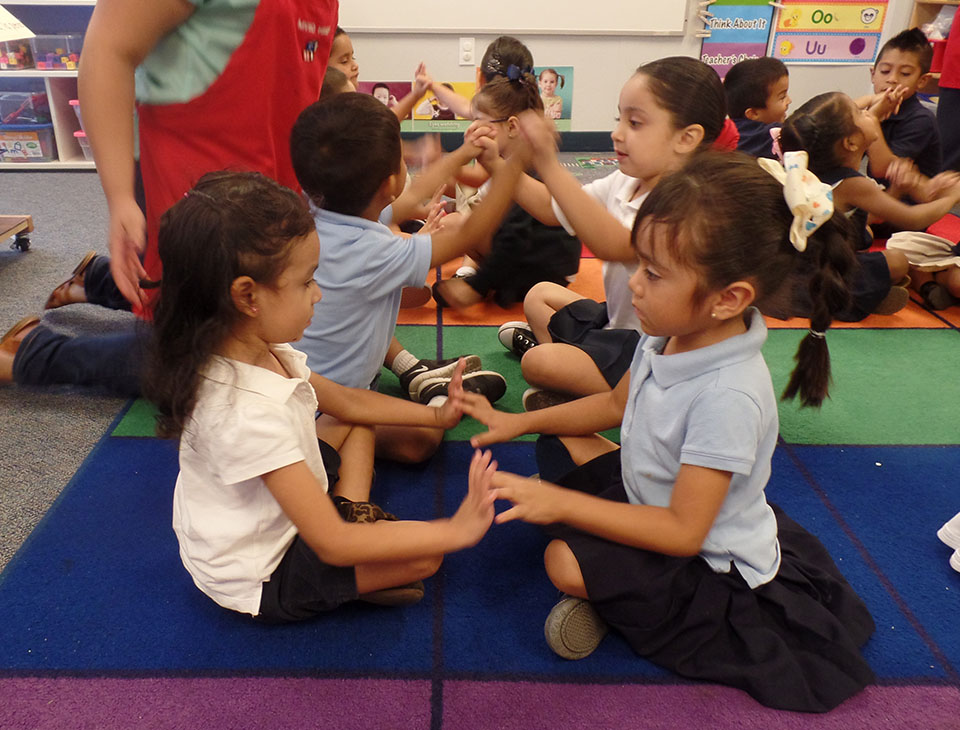Our Call To Action in EdSource: Keep an Eye on Equity in Bilingual Education
Patty Chavez2023-04-06T12:33:59-07:00Dear Colleagues,
Recently, the NABE Journal of Research and Practice published, “Keeping an Eye on Equity in Bilingual Education.” I co-authored this journal article along with several SEAL staff members, including Martha I. Martinez, Joanna Meadvin, Corina Sapien, Heather Skibbins, and Adriana Diaz.
Despite this positive national trend we also know that English Learners and their families experience marginalization in ways that continue to fuel inequities in these programs.
In our NABE journal article we outline two key ways SEAL works to address these inequities through our work with bilingual educators and the families of English Learner students:
- Fostering antiracist mindsets through ideological clarity: the ability of teachers to identify deficit-based perspectives of emergent bilinguals and to develop asset-based frameworks and instructional approaches that help them teach in culturally responsive ways and that allow all students to thrive.
- Ensuring meaningful and authentic engagement with Spanish-speaking families: these family-school partnerships are essential for creating equitable bilingual programs and school systems for English Learners.
SEAL recognizes the relationship between language, race, and power and the ways in which many English Learners have been denied access to a quality education because of their language status, their racial/ethnic backgrounds, and limited access to power. There is much work to do when it comes to centering equity in bilingual education and we expand more about our work in this blog.
We are extremely proud to see equity-focused bilingual programs grow in California after an almost 20-year ban. We know it can be done and stand ready to partner to keep the focus on equity in bilingual education.
In solidarity,
Anya Hurwitz


